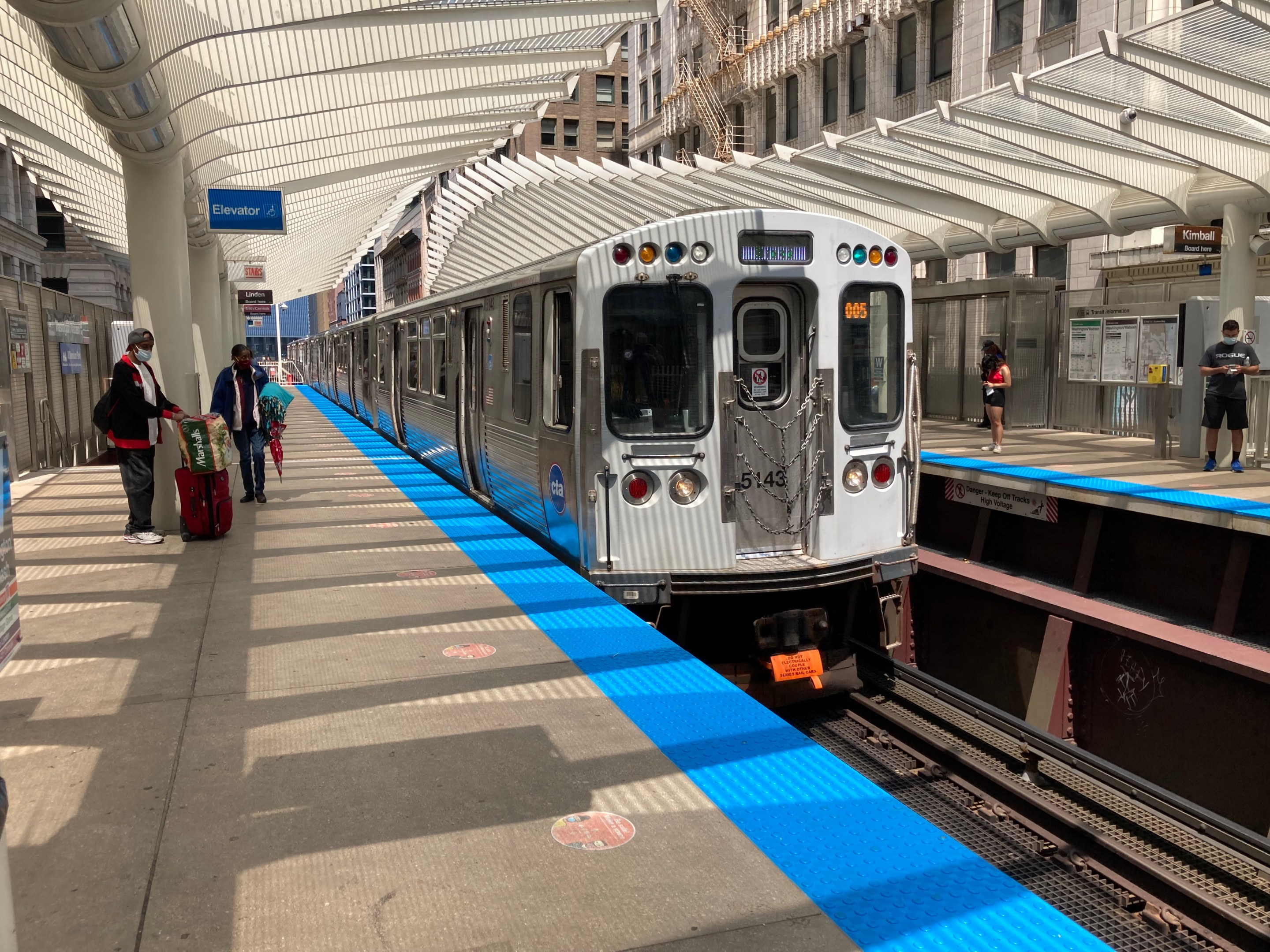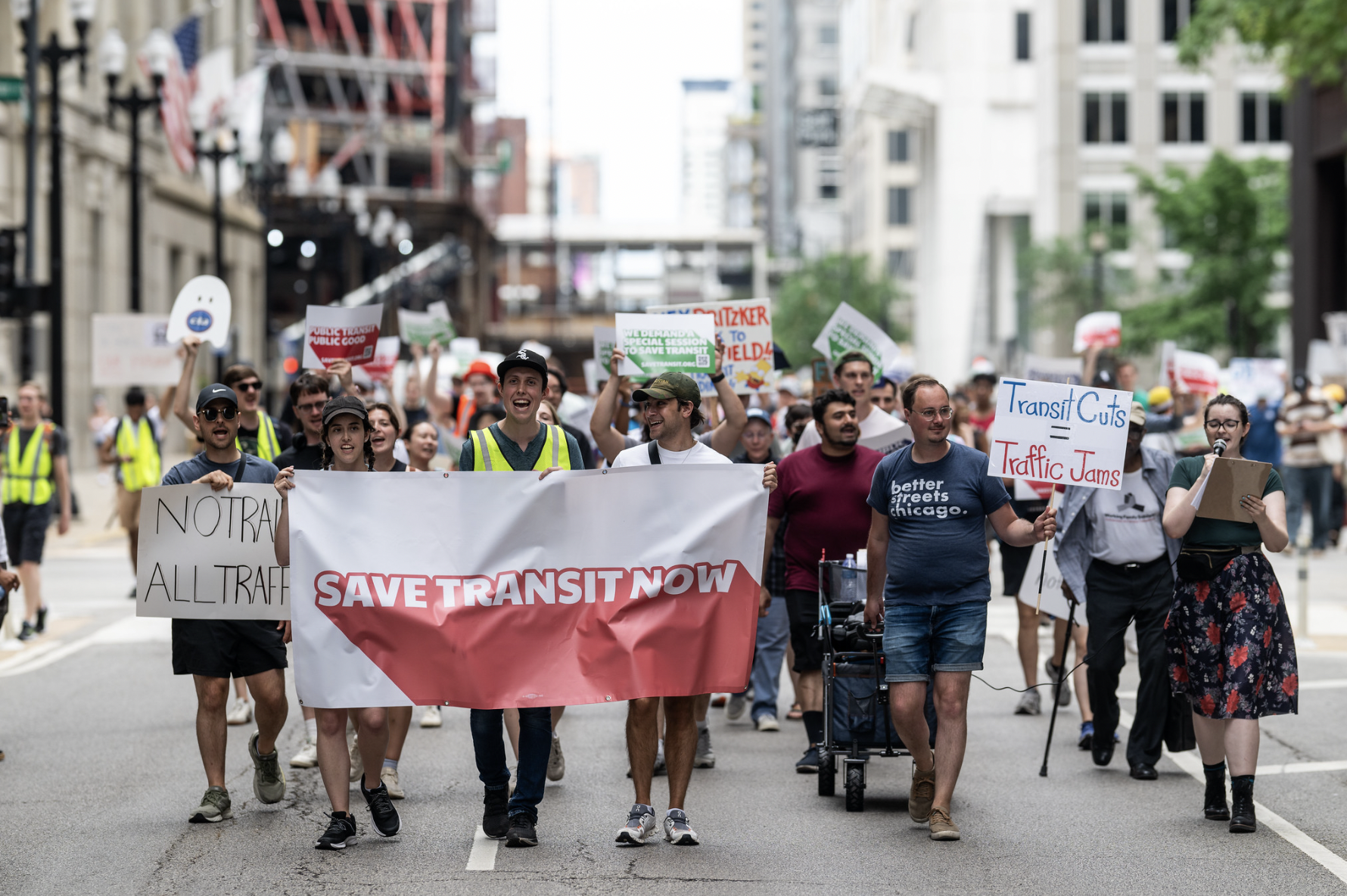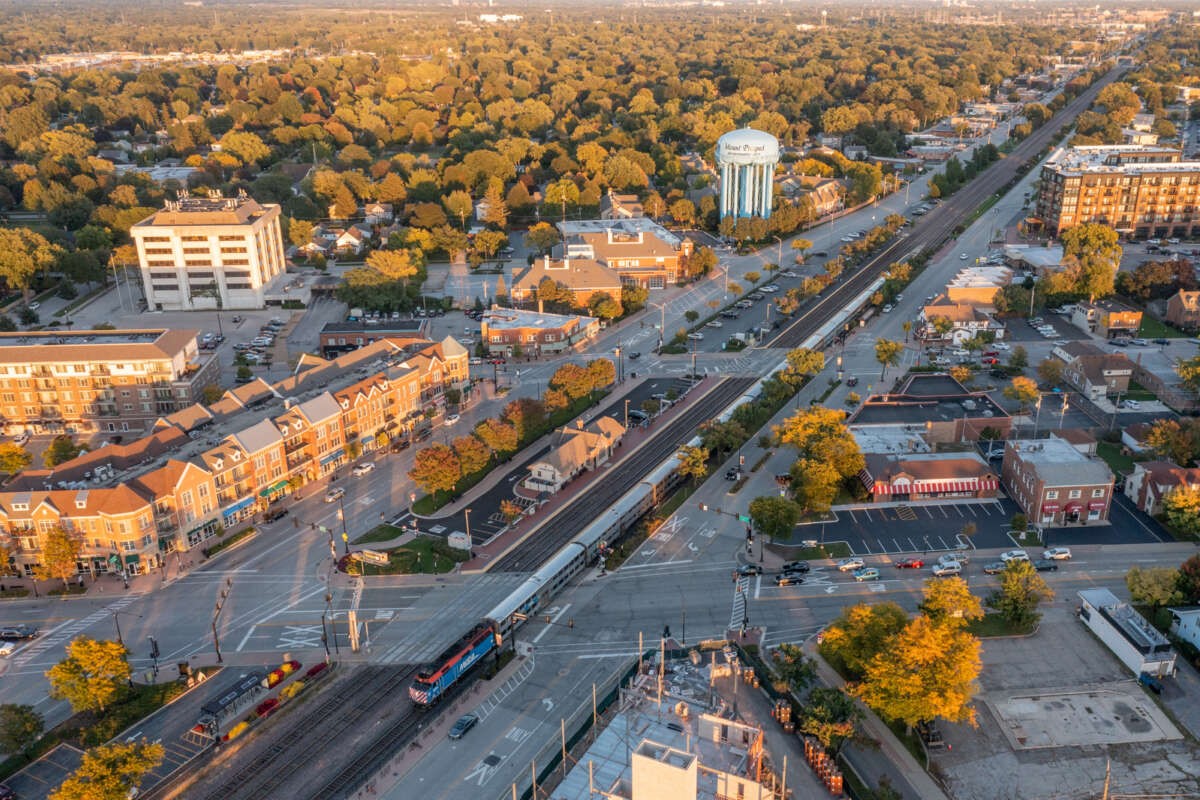The United States Senate recently passed a $1 trillion infrastructure bill. $550 billion of those funds will be used for physical infrastructure projects that will touch on everyday aspects of American life. $226 billion will go towards transportation projects, including:
- $110 billion in new spending for roads, bridges, and related projects
- $39 billion for public transit, which the Biden administration calls an unprecedented investment
- $66 billion for rail
- $42 billion for ports, airports, and related projects
- $11 billion for making streets safer
Other earmarks include $1 billion for highway removal to reconnect divided communities by road projects, $7.5 billion for a national network of electric vehicle charging stations, and $7.5 billion to electrify buses and ferries.
These numbers are not set in stone, given that the House of Representatives has to approve its own version of the infrastructure bill. It is worth noting that the infrastructure spending approved by the Senate is way more driving-focused than previous proposals. There were cuts to funding for public transportation (a $10 billion reduction) and a substantial cut to a program aimed at removing urban highways to aid in community reconnection ($1. billion versus $20 billion initially proposed), among other cuts. Read more on this subject on Streetsblog USA.
Streetsblog Chicago checked in with local sustainable transportation advocacy organizations to get their take on the recently passed Senate infrastructure bill.
While the Active Transportation Alliance acknowledges that the Senate bill represents an increase in funding for transit and traffic safety, spokesperson Kyle Whitehead argued in a recent blog post that there is still “far too much unchecked spending to build and expand roads." Without making some last-minute changes to the bill, he wrote, "Congress risks further entrenching a failed status quo that increases emissions and limits mobility for millions of Americans who can’t or don’t drive."
President Joe Biden Biden’s American Jobs Plan and the INVEST in America Act that passed the House include spending and policies that could help advance racial equity and help reverse the devastating impacts of climate change and poor air quality. Unfortunately, the Senate bill lacks this focus. Whitehead also noted that the current legislation lacks a “fix-it first” policy that would require states to focus on highway maintenance rather than expansion.
In addition, Whitehead noted, the Senate bill doesn't require states to set targets or make plans to reduce traffic deaths. There’s also nothing mandating that the federal government or states consider greenhouse emissions from transportation when making spending decisions.
Whitehead also pointed out that the public transportation funding can only be used for new infrastructure projects and equipment. Transit agencies will continue to rely on fares and state and local revenue to cover day-to-day operations costs. Operating expenses currently account for two thirds of public transportation costs.
ATA does see some silver linings in the Senate infrastructure bill. The most important program for walking and biking projects would see a 70 percent increase in funding. And, thanks to lobbying by the Chicago-based disability rights Access Living and Senator Tammy Duckworth, who lost her legs while serving in Iraq, resulted in the inclusion of $1.75 billion for a new program to help older transit systems like the CTA and Metra become fully accessible. However, that initiative was watered down somewhat due to pushback from Republicans.
Audrey Wennink, transportation director for the Metropolitan Planning Council, said her organization wishes the infrastructure bill had been “more aggressive on climate-oriented policies to shift away from investments that will result in increased driving, given the transportation sector is the top contributor to GHG emissions.” A transit-oriented region like Chicago will benefit from investments in transit and Amtrak. MPC also applauds the new program to upgrade legacy systems into fully accessible systems and sees hope in the Safe Streets for All program, which will aid efforts to address the epidemic of pedestrian and bicycle fatalities on Chicagoland’s roads.
I share Whitehead's sentiment that while an increase in funding for walking, biking, and transit is great, these investments are at risk of being outweighed by an increase in roadway expansion which will result in “more roads, more driving, more emissions, and more inequity.”





